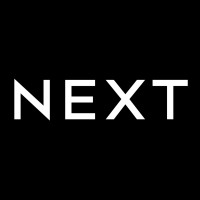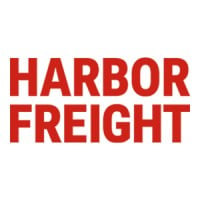
Next
At Next we never underestimate what we can do. Bring your energy, play to your strengths and never shy away from change. Push yourself and back others. Make things happen that will be bigger and better than before. Come and work for one of the UK’s biggest retailers. It is everything you could imagine, and so much more. We’re constantly innovating, constantly working on something new and constantly creating more and more exciting new products, which means no day is the same, and no day is dull. Whether you take up a role in making furniture with our lively warehouse team or join our team of superhuman developers and tech engineers, you’ll be rubbing shoulders with some of the most talented people in the country, who not only work hard but play hard too. Let's take it on.






